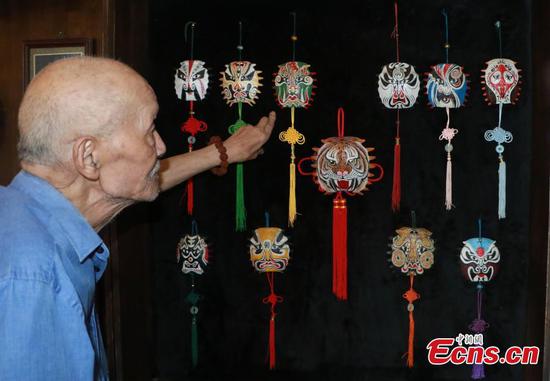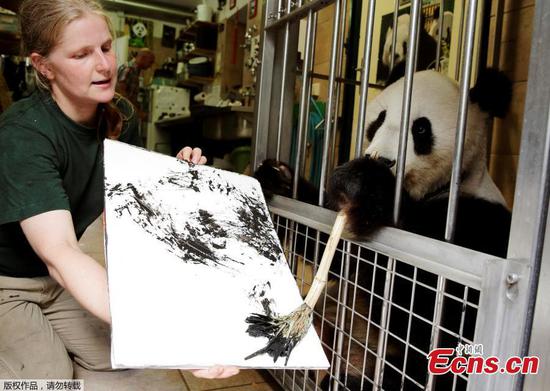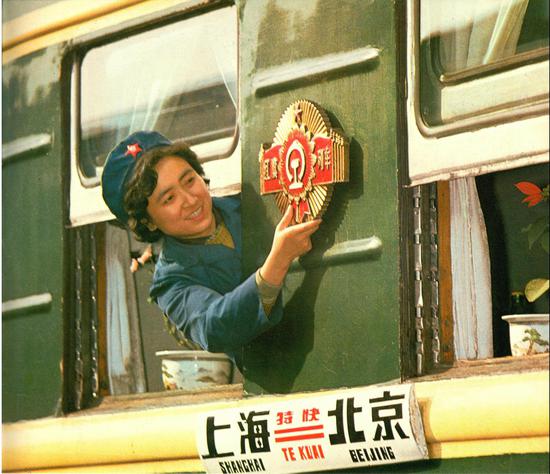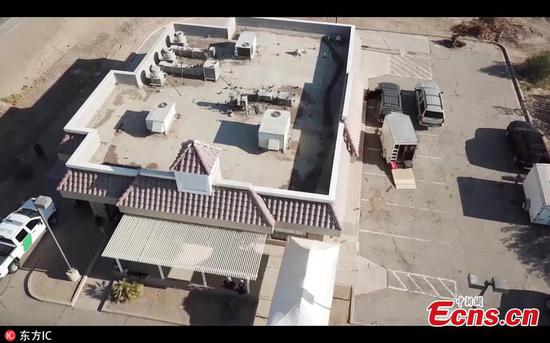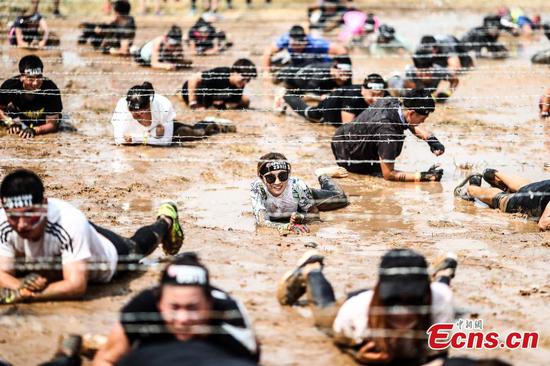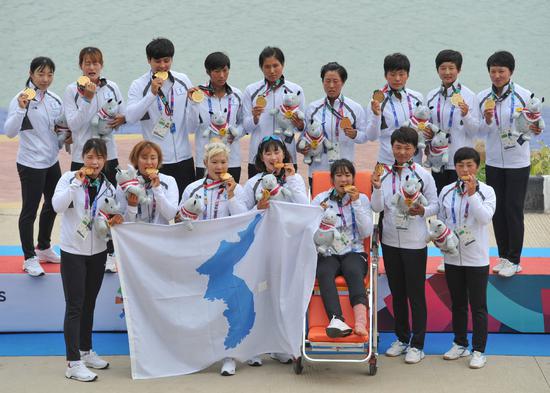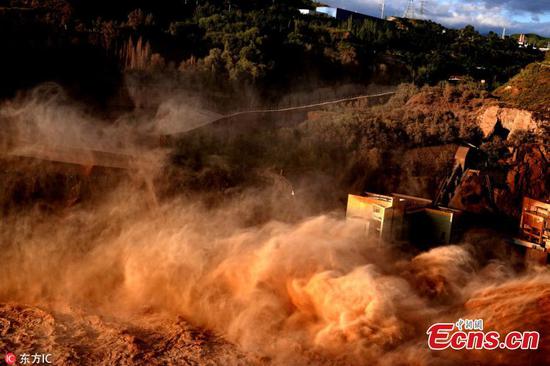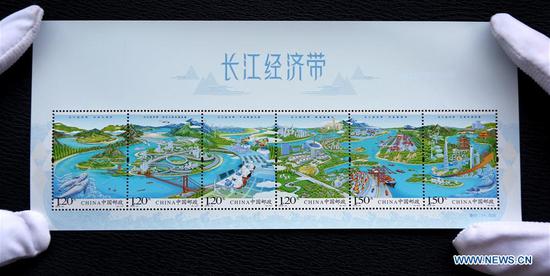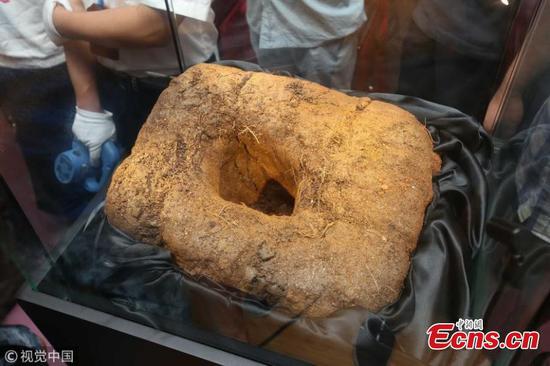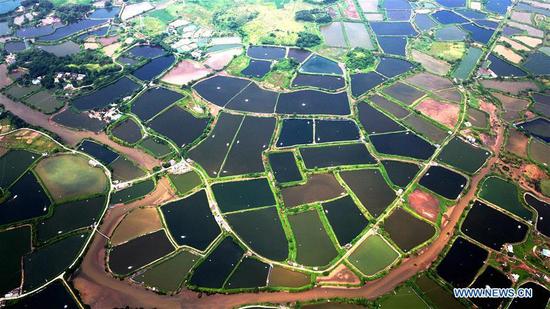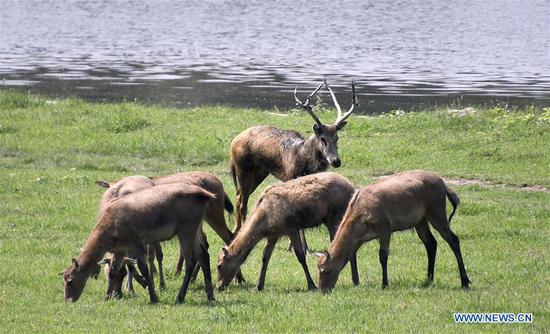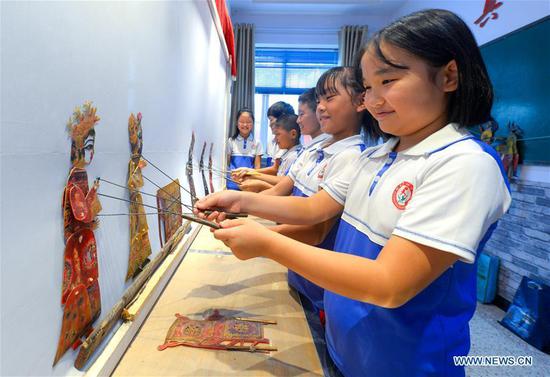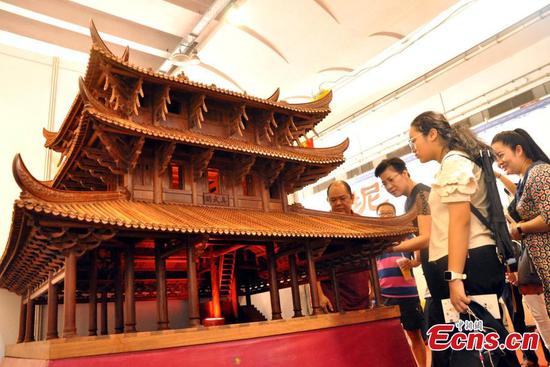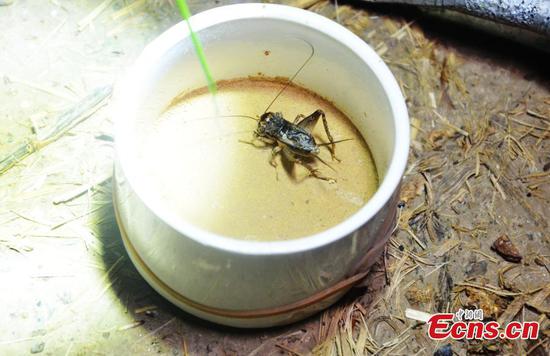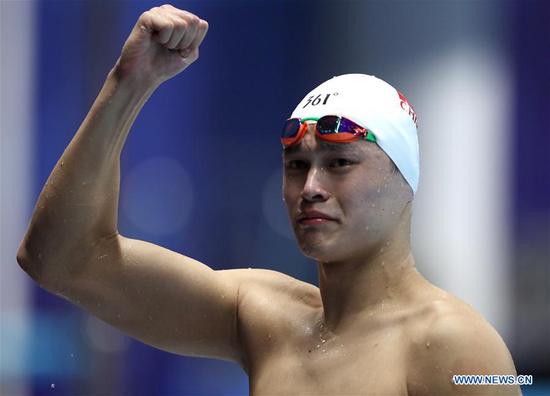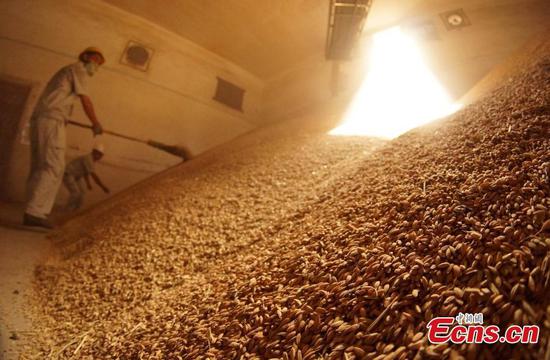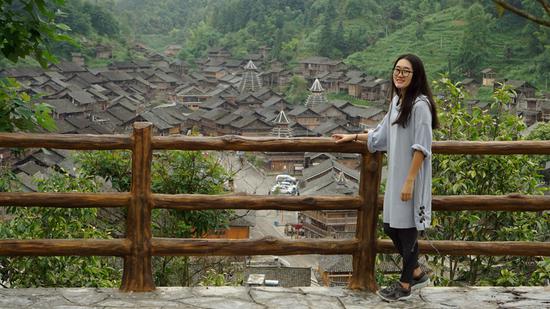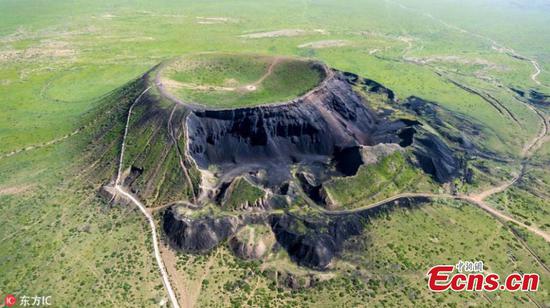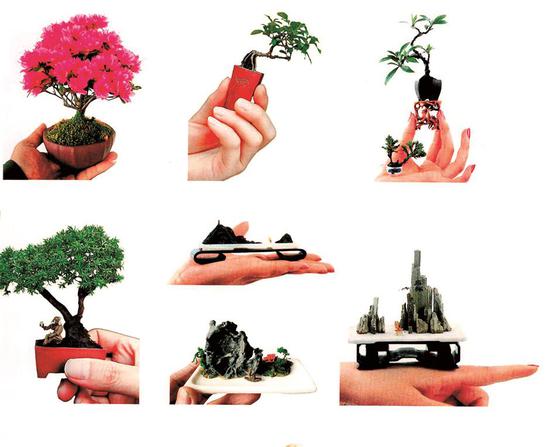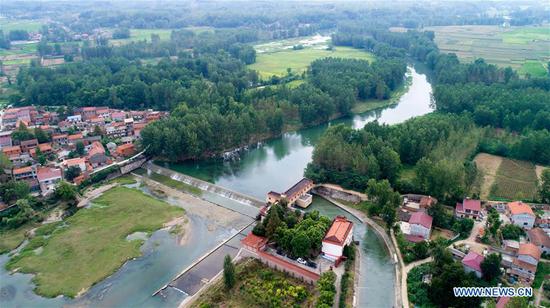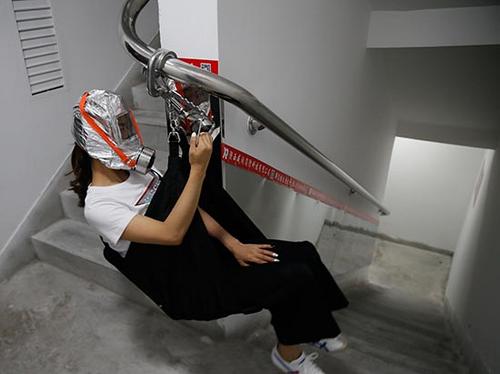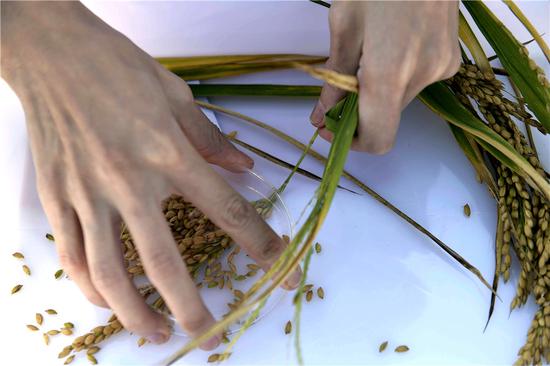
A researcher collects grains of rice. (GUO XULEI/XINHUA)
It planted the first batch of salt-resistant rice in two experimental paddies just north of Jiaozhou Bay in April last year and reaped the harvest five months later.
Agricultural experts who monitored the harvest said the highest-yielding of the four varieties planted produced 9.3 tons a hectare, while the other three returned 8.2 tons, 7.4 tons and 6.6 tons-all above the center's three-year target.
The experts said yields from regular cultivation might reach 70 to 80 percent of those achieved in small, experimental plantings.
Zhang Guodong, deputy director of the Qingdao center, said the results showed the salt-resistant rice strain they developed could survive and return high yields in water with 0.6 percent salt content. Seawater is 3.5 percent salt.
The research team extended trial planting of salt-resistant rice to six plots of saline-alkali land across China in late May. It was the first simultaneous planting of such rice on different types of saline-alkali land and a major step in exploring its commercial viability.
The sites-in Kashgar, in the Xinjiang Uygur autonomous region; Daqing, Heilongjiang province; Dongying and Qingdao in Shandong; Wenzhou, Zhejiang province; and Yan'an, Shaanxi province-represent virtually every type of saline-alkali land in China.
Yuan's team is not the only one in China focusing on salt-resistant rice.
Working separately, Chen Risheng, an agriculturist based in Zhanjiang, Guangdong province, started to study salt-resistant rice in 1986. However, his story has attracted less media attention.
Guangming Daily reported in October 2016 that Chen's research began when he came across a species of red wild rice near a mangrove forest in Zhanjiang with his teacher Luo Wen. Inspired by Luo, Chen selected 522 seeds and embarked on breeding work.
In the following three decades, Chen selected promising strains and worked on seed purification and reproduction.
He started trial planting in several places in China in 2012, the year his "Seawater 86" was given intellectual property rights recognition by national agricultural authorities.
A report by China Youth Daily in early January recounted Chen's hard work and unremitting efforts in 30 years of research, but also mentioned that he had faced many difficulties, including a lack of funds and professional knowledge.









